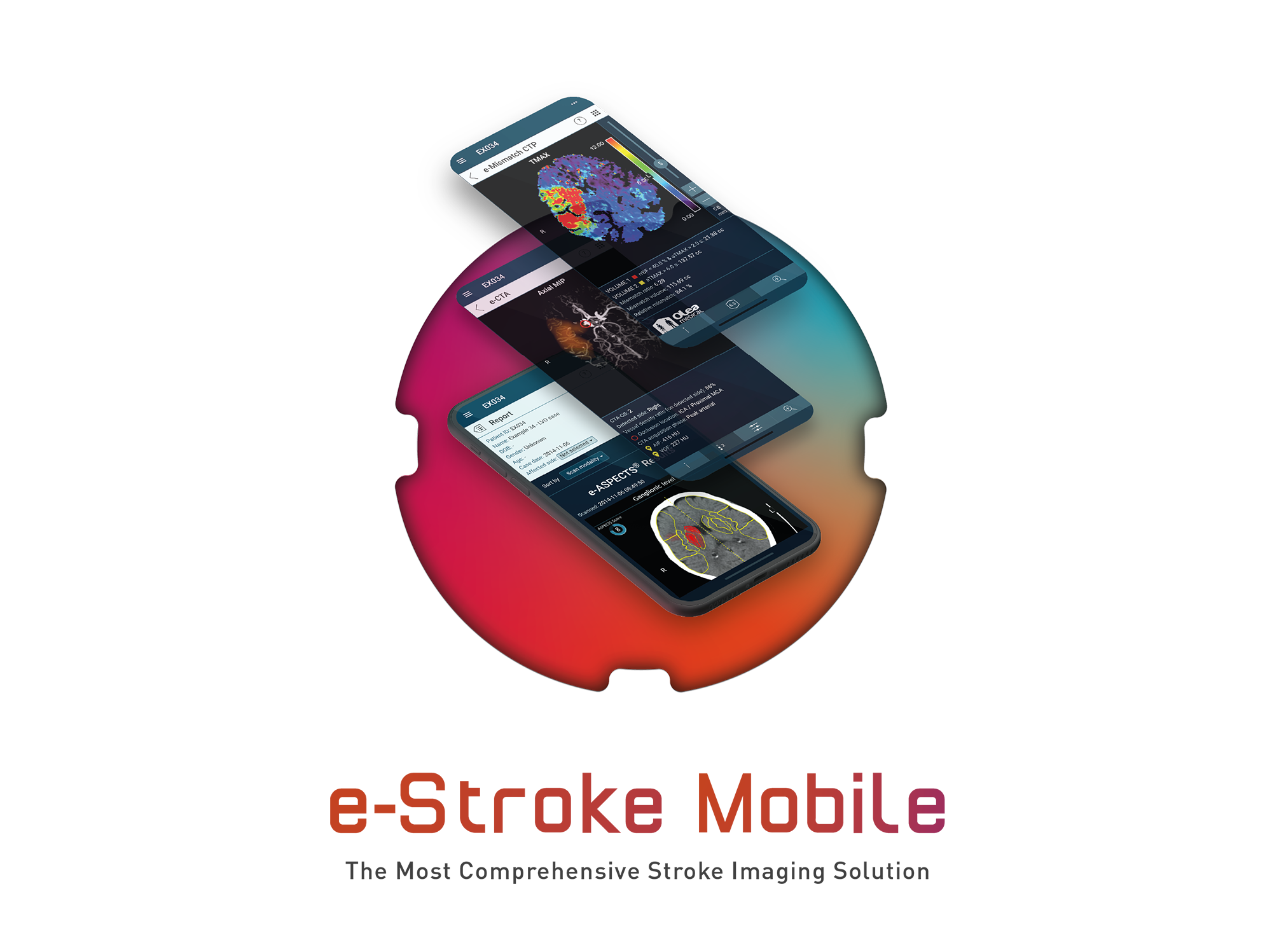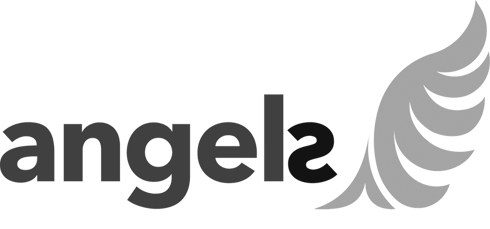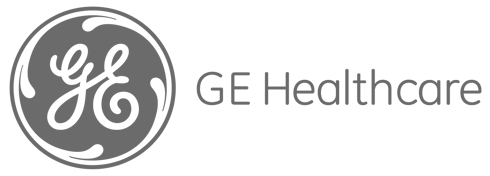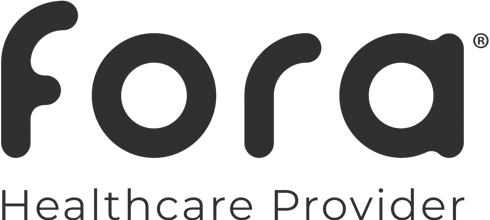
Download the e-Stroke Mobile App:
iOS
Android
Web
The recently launched e-Stroke Mobile app enables clinicians to have quick, easy access to Brainomix’s e-Stroke Suite platform, with an aim towards strengthening the connection between clinicians across the stroke network and allowing for faster treatment decisions.
The e-Stroke Mobile app is already helping clinicians across many different centres, including the stroke teams at the Royal Berkshire Hospital (Reading, UK), Sana Klinik Lübeck (Germany), and the Svet Zdravia hospital network in Slovakia.
Royal Berkshire Hospital
At the Royal Berkshire Hospital (RBH) the e-Stroke Mobile app is helping the stroke team to maximize their resources by enabling expert treatment decisions to be conveyed remotely, all while reducing potential exposure to the COVID-19 virus.
“The new e-Stroke Mobile app enables me to quickly review CT scans on my phone, to then advise the hospital staff on how best to treat the patient – all done remotely. This eliminates the need for me to log-in to the hospital PACS system on my laptop, saving many minutes that are most critical to a stroke patient’s chances of recovery,” noted Dr Kiruba Nagaratnam, consultant stroke physician and geriatrician, and clinical lead for stroke medicine at the RBH.
“In this unprecedented period of COVID-19, making the most of technology such as the e-Stroke Mobile app is highly valuable, as it facilitates remote treatment decisions, allowing us to maintain a robust stroke service while reducing the impact on busy emergency department clinicians,” continued Dr Nagaratnam. Read more here
Lübeck
Dr. med. Christian Mohr (Head of Section Neuroradiology) has observed that the e-Stroke Mobile app has helped eliminate time delays, enabling patients to be treated faster.
The imaging reports are sent to the smartphone or tablet of all stroke specialists at Sana Klinik Lübeck within seconds, as an immediate stroke alarm - even after work and at night. There is no delay in the transmission of information. Patients are treated more quickly with a blood clot-busting infusion (systemic thrombolysis) and / or with a minimally invasive brain catheter procedure (clot removal / thrombobectomy).
The stroke team expects the use of AI to accelerate therapies in 2020. It is further expected that the increasing number of treatments as a result of the optimal selection will also increase the rate of disability-free survival of patients with ischemic stroke. Read more here
Svet Zdravia
Dr. Oto Petrik, Head of the Neurology Department at Svet Zdravia Galanta, appreciates the ease with which the e-Stroke Mobile app can enable remote assessment of patient’s brain scans.
Petrik explains that thanks to the system he receives email notifications with anonymized scans of every acute stroke case. Even when outside the hospital, the scan is sent to a mobile phone or tablet, enabling the doctor to remotely consult with the hospital staff to discuss further treatment options for the patient. Such a form of telemedicine may not have been possible before. Read more here











